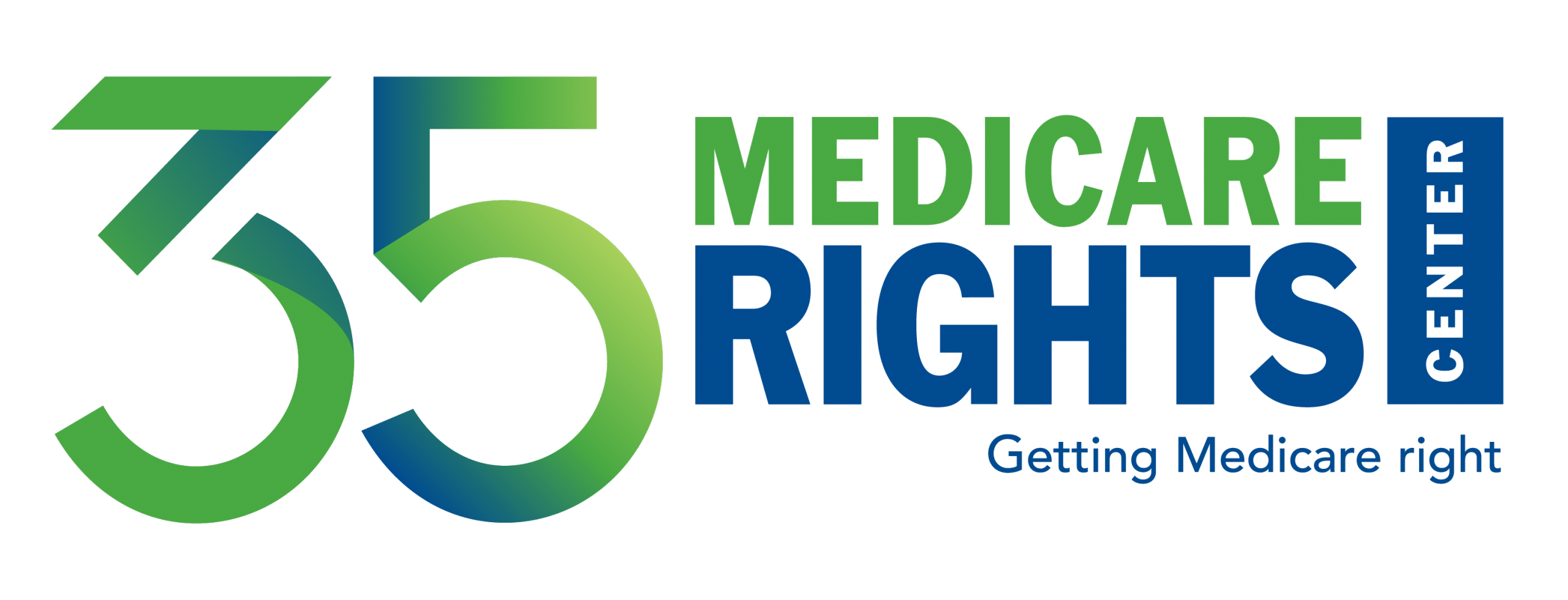News
Medicare Rights Center Sheds Light on Common Beneficiary Challenges
Medicare Rights Center Sheds Light on Common Beneficiary Challenges
— New Report Highlights National Helpline Trends and Identifies Policy Solutions —
New York, NY—Today, the Medicare Rights Center released its first-ever report outlining the top concerns facing people with Medicare as told through the thousands of compelling stories heard on Medicare Rights’ national helpline.
“For nearly 50 years, Medicare has guaranteed access to basic health benefits for millions of older adults and people with disabilities,” said Joe Baker, President of the Medicare Rights Center. “This analysis of our national helpline makes clear that too many people with Medicare are burdened by high health care costs, and too many struggle to navigate the complexities of the Medicare program. But there are straight-forward solutions to alleviate these challenges and strengthen Medicare.”
The report, Medicare Trends and Recommendations: An Analysis of 2012 Call Data from the Medicare Rights Center’s National Helpline, includes an analysis of Medicare Rights’ 2012 national helpline data. Out of more than 14,000 questions posed by older adults and people with disabilities, their family members and the professionals serving them, three trends stood out among the questions posed by helpline callers:
- Affording coverage and care: Half of all Medicare beneficiaries live on less than $23,500 a year, yet Medicare households devote 14 percent of their budgets to health care, compared with just 5 percent among non-Medicare households.
- Transitioning into the Medicare program: Insufficient or inaccurate information can lead to late enrollment penalties, gaps in coverage, strained finances and delayed treatment for many people who are newly eligible for Medicare.
- Appealing denials of coverage: The lack of clear information, inefficient appeals systems, and changing coverage rules from year to year present barriers to accessing needed medical care.
Drawing directly from Medicare Rights’ almost twenty-five years of experience serving people with Medicare and their families, the report includes a comprehensive set of policy recommendations intended to improve access to affordable health coverage for beneficiaries. Among these are expanded access and automatic enrollment in Medicare low-income assistance programs, more streamlined and accessible appeals processes, improved communications for people transitioning into Medicare, and more.
Baker concluded, “Complacency is not an option. Both members of Congress and the Administration should view this report as a call to action. Now is the time to seek solutions that make Medicare a fairer, simpler and more affordable benefit. Most importantly, policymakers must not make worse the already tenuous economic realities faced by so many by shifting added health care costs to people with Medicare.”
Support for this work was generously provided by the United Hospital Fund. The views presented here are those of the authors and not necessarily those of the United Hospital Fund or its directors, officers, or staff.
–end–
Media Inquiries
pressoffice@medicarerights.org
Recent News
About Medicare Rights
Learn More

